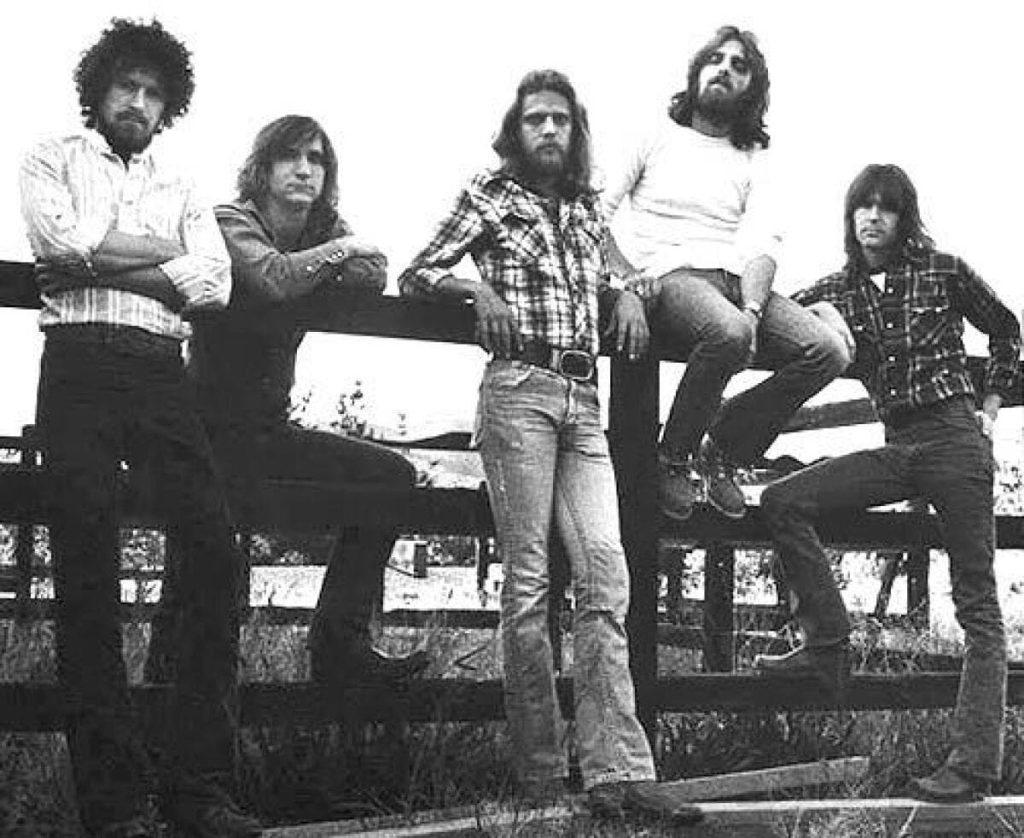
Hotel California’s Environmental Lament: A Look at “The Last Resort”
The Eagles’ 1976 masterpiece, Hotel California, is a concept album brimming with symbolism and social commentary. Nestled amongst its iconic tracks lies a song that takes a sharp turn from the album’s overarching theme of disillusionment and excess: “The Last Resort.” Here, Don Henley and Glenn Frey paint a poignant portrait of environmental destruction, a lament for the inevitable ruination of idyllic places by the relentless march of industry and commerce.
Composed primarily by Henley, “The Last Resort” stands out as his first foray into crafting an epic narrative within a song. The lyrics unveil a story of societal greed and its devastating impact on the environment. We meet a young woman, a refugee seeking a new life, who arrives in a place of pristine beauty – perhaps a veiled reference to the allure of California itself. But this paradise is not destined to last. The song chronicles the arrival of those driven by profit, who exploit the land’s resources with reckless abandon. The line, “Some rich men came and raped the land. Nobody caught ’em,” delivers a scathing indictment of unchecked exploitation.
Frey himself called “The Last Resort” a culmination of the album’s environmental anxieties. It reflects a growing concern for the impact of human activity on the planet, a sentiment shared by many during the mid-70s. The song resonates with a sense of weary despair, mirroring Joni Mitchell’s “Big Yellow Taxi” but with a deeper cynicism. Music critic Dave Thompson aptly described it as “even more weary and despairing.”
“The Last Resort” goes beyond a simple condemnation of environmental degradation. It delves into the broader concept of manifest destiny, the historical belief that American expansion westward was divinely ordained. The song subtly critiques this notion, highlighting the destruction left in the wake of progress. The idyllic desert landscape eventually gives way to the sprawl of ugly suburban houses, a stark reminder of the price paradise often pays.
The song’s critical reception has been varied. Some, like William Ruhlmann, view it as a “broad, pessimistic history of America that borders on nihilism.” Others, like James Perone, see it as the thematic culmination of Hotel California, a final reflection on the dark underbelly of the Californian dream. Perone points out the poignant contrast between the song’s opening lines describing the desert’s beauty and the later imagery of encroaching development.
While some critics have taken issue with the use of synthesizers instead of traditional orchestral arrangements, “The Last Resort” remains a powerful and thought-provoking track. Henley himself has described it as one of his favorites, driven by a deep concern for the environment. Rolling Stone magazine even ranked it as the Eagles’ 27th greatest song, a testament to its enduring impact. Whether viewed as a lament for a lost paradise or a cautionary tale for the future, “The Last Resort” remains a relevant and powerful commentary on humanity’s relationship with the natural world.